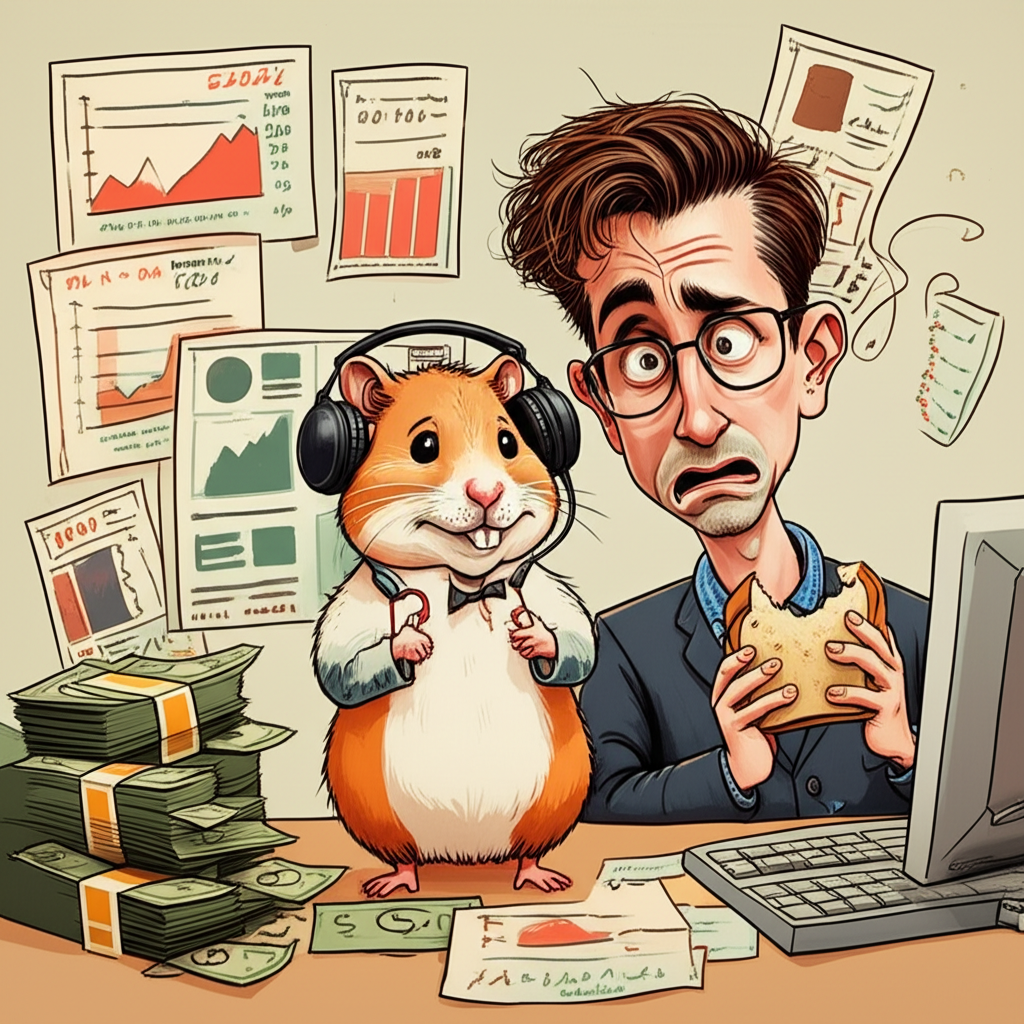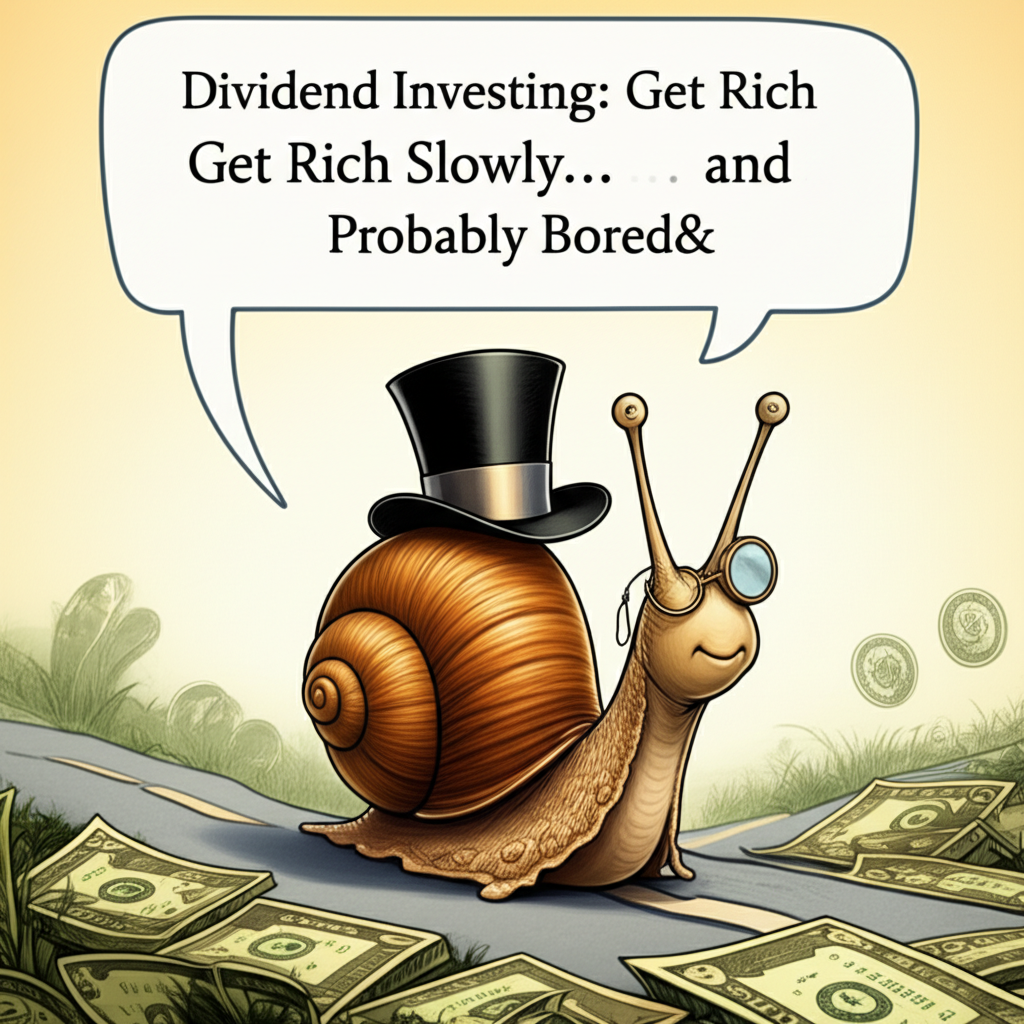
Article 1: My Hamster Just Made a Killing in Wheat Futures (And I’m Suddenly Questioning My Life Choices)
Okay, folks, buckle up. You think you’re struggling to understand the intricacies of futures trading? Try explaining it to a hamster. Specifically, my hamster, Reginald.
Reginald, as you may know, is primarily motivated by two things: sunflower seeds and shredding cardboard tubes. Yet, somehow, this tiny ball of fluff has just outsmarted Wall Street.
It all started innocently enough. I was researching wheat futures, trying to understand the impact of potential droughts on the global bread supply (because, you know, responsible adulting). Reginald, naturally, was "helping" by gnawing on my mouse cable.
Suddenly, an idea struck me. What if… what if Reginald’s random wheel-running patterns, his erratic nibbling, his general hamster-ness could somehow be translated into trading signals? Genius, right?
So, I devised a system. Clockwise rotation of the wheel meant "buy wheat." Counter-clockwise, "sell." If he stopped to groom, it was a signal to "hold." And if he buried himself in his bedding? Well, that meant "panic sell everything," obviously.
I started small. Just a few micro wheat futures contracts. I figured at worst, I’d lose a few bucks and have a funny story. What I didn’t expect was for Reginald to become the next Warren Buffett, but with more sunflower seed hoarding.
Last week, Reginald, in a frenzy of wheel-running fuelled by an unusually large helping of kale, signaled a massive buy order. I hesitated. Kale? Really? But who am I to question the wisdom of a hamster genius?
Turns out, Reginald was right. Turns out, there was a surprise frost in Kansas, wiping out a significant portion of the wheat crop. Prices skyrocketed. Reginald’s portfolio, thanks to my blind faith in his hamster-powered algorithm, is now up 300%.
Meanwhile, I’m still trying to figure out how to pay my bills.
The moral of the story? Maybe we’re all overthinking this futures trading thing. Maybe the key is to embrace the chaos, the randomness, the sheer unpredictability of life… or, you know, just follow the advice of a rodent who thinks cardboard is the ultimate luxury.
Now, if you’ll excuse me, I have to go buy Reginald a solid gold hamster wheel. He’s earned it. And frankly, I’m hoping he’ll throw me a bone (or a sunflower seed) when he starts his own hedge fund.
Disclaimer: This is satire. Please don’t actually let your hamster manage your finances. Unless your hamster is really good with spreadsheets. Then, maybe consider it.
Article 2: Futures Trading: A Beginner’s Guide (For People Who Failed Economics)
Okay, so you’ve heard about futures trading. Maybe you saw it in a movie, or maybe your weird uncle keeps talking about "shorting pork bellies." Whatever the reason, you’re intrigued. And probably confused.
Don’t worry. We’ve all been there. Futures trading is basically betting on the future price of things. Think of it like a really complicated, high-stakes guessing game. Except instead of guessing how many jelly beans are in a jar, you’re guessing the price of oil, gold, or even, yes, pork bellies.
Here’s the basic rundown, explained in terms even your pet goldfish could (probably) understand:
1. What are Futures Contracts? Imagine you’re a farmer. You grow corn. You want to know you’ll get a good price for your corn before you even plant it. That’s where futures contracts come in. They’re basically agreements to buy or sell something at a specific price on a specific date in the future.
2. Buying vs. Selling (Going Long vs. Going Short):
- Going Long (Buying): You think the price of something will go UP. You’re basically saying, "I bet I can buy this for a cheaper price today than someone will be willing to pay for it in the future." Think of it like buying concert tickets early, hoping they’ll sell for more later.
- Going Short (Selling): You think the price of something will go DOWN. You’re basically saying, "I bet I can sell this for a higher price today than it will actually be worth in the future." Think of it like betting your friend they won’t be able to finish a hot dog eating contest. (Except with more commodities and less indigestion.)
3. Leverage: The Secret Sauce (That Can Also Burn Your House Down): Futures trading uses leverage. This means you can control a large amount of a commodity with a relatively small amount of money. Think of it like renting a very expensive car. You only pay a small deposit, but you get to drive the whole thing. The problem is, if you crash it, you’re still responsible for the damages. Leverage can amplify your profits, but it can also amplify your losses. Proceed with caution. And maybe a good insurance policy.
4. Margin Calls: The Nightmare Fuel of Futures Traders: Imagine you’re winning your hot dog eating contest bet. You’re feeling good. But then, your friend starts scarfing down those dogs like a champion. Suddenly, you’re losing money. The broker (the guy holding your bet) calls you and says, "Hey, you need to put more money in, or you’re going to lose everything!" That’s a margin call. It’s basically a wake-up call that says, "You’re losing money faster than you thought. Add more funds or we’ll liquidate your position faster than you can say ‘pork belly.’"
5. Things That Can Mess Up Your Futures Trade (Besides Bad Luck):
- Geopolitical Events: Wars, elections, surprise mustache unveilings by world leaders.
- Weather: Hurricanes, droughts, unexpected snowstorms in July.
- Economic Reports: Government reports that are often revised a week later, making you question the entire system.
- Random Hamster Activity (See Article 1): You never know.
In Conclusion: Futures trading is complicated, risky, and potentially rewarding. It’s like playing poker with the entire world economy as your chips. If you’re going to try it, do your research, start small, and maybe invest in a good therapist. You’ll probably need one.
Disclaimer: This is not financial advice. I’m just a guy who writes humorous articles about finance. If you lose money trading futures after reading this, don’t blame me. Blame the market. And maybe your hamster.


Post Comment